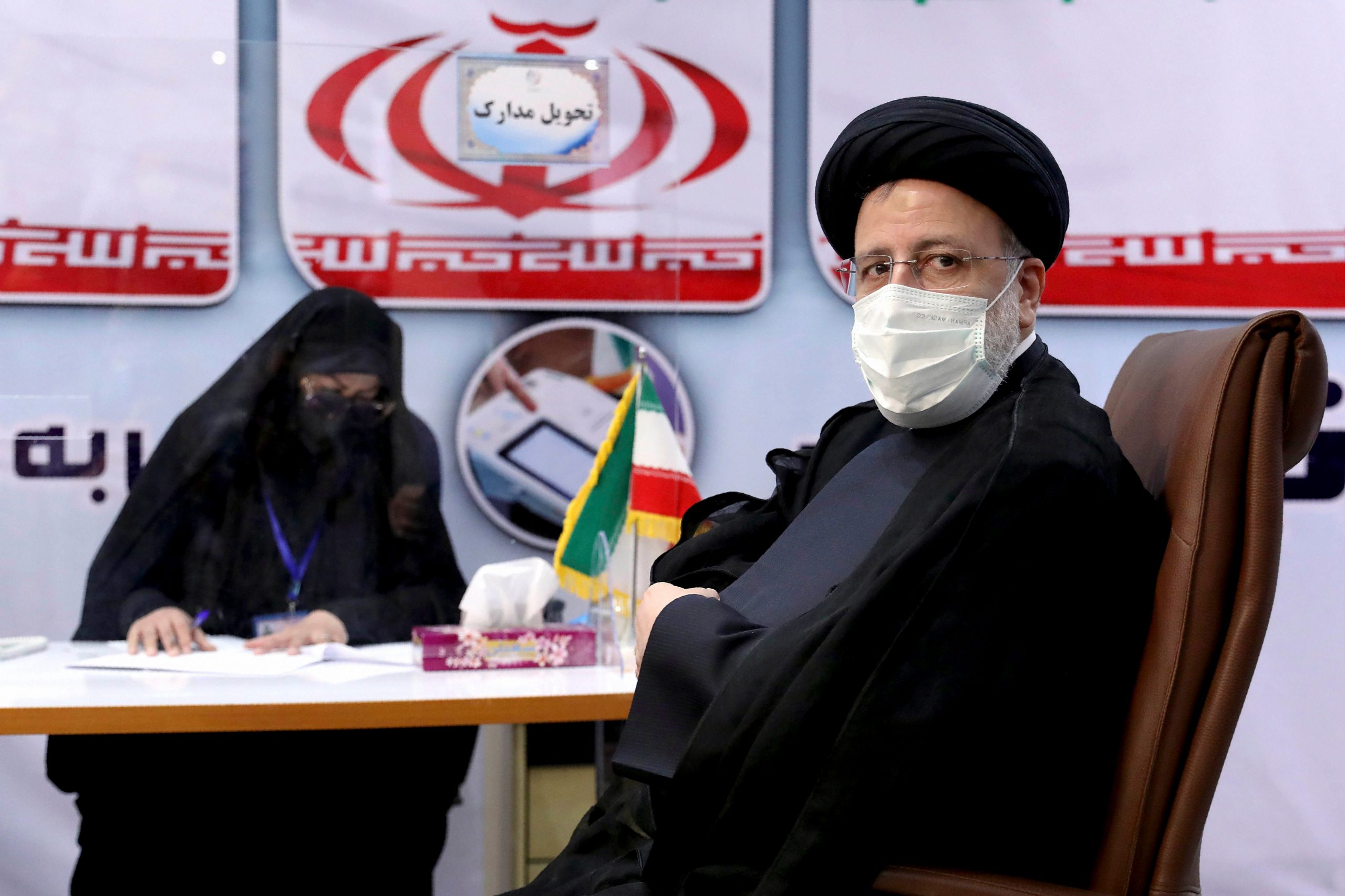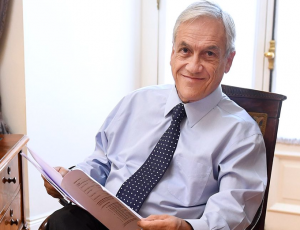Former head of Iran’s judiciary Ebrahim Raisi was declared the winner Saturday of the presidential election. The ultraconservative cleric won 62% of the 90% ballots counted. Earlier all his rivals had conceded.
Who is Ebrahim Raisi?
Dressed in a black turban and cleric’s coat, Iranian ultraconservative Sayyid Ebrahim Raisol-Sadati, known as Ebrahim Raisi casts himself as an austere and pious figure and a corruption-fighting champion of the poor.
The 60-year-old winner of the Islamic republic’s presidential election is set to take over from moderate Hassan Rouhani in August.
Also read: US bishops to draft statement on holy communion with Biden in sight
Raisi, whose black turban signifies direct descent from Islam’s Prophet Mohammed, holds the title of “hojatoleslam” — literally “proof of Islam” — one rank below that of ayatollah in the Shiite clerical hierarchy.
Born in 1960 in the holy city of Mashhad in northeastern Iran, Raisi rose to high office as a young man.
Aged just 20, in the wake of the 1979 Islamic Revolution that toppled the US-backed monarchy, Raisi was named prosecutor-general of Karaj, which neighbours Tehran.
Also read: Pentagon confirms troop, missile batteries cut in Middle-East
For the exiled opposition and rights groups, his name is indelibly associated with the mass executions of Marxists and other leftists in 1988, when he was deputy prosecutor of the Revolutionary Court in Tehran.
Asked in 2018 and again last year about the executions, Raisi denied playing a role, even as he lauded an order he said was handed down by the Islamic republic’s founder Ayatollah Ruhollah Khomeini to proceed with the purge.
In 2019, the US placed Raisi and others on a sanctions list citing the executions and other alleged rights abuses — charges Tehran dismissed as symbolic.
Raisi has decades of judicial experience, serving as Tehran’s prosecutor-general from 1989 to 1994, deputy chief of the Judicial Authority for a decade from 2004, and then national prosecutor-general in 2014.
Also read: US politicians supporting abortion rights likely to be denied sacred rites
He studied theology and Islamic jurisprudence under Khamenei and, according to his official biography, has been teaching at a Shiite seminary in Mashhad since 2018.
In 2016, Khamenei put Raisi in charge of a charitable foundation that manages the Imam Reza shrine in Mashhad and controls a large industrial and property asset portfolio.
Three years later, Khamenei appointed him head of the Judicial Authority. Raisi is also a member of the assembly of experts who select the supreme leader.
He is married to Jamileh Alamolhoda, an educational sciences lecturer at Tehran’s Shahid-Beheshti University. They have two daughters.
Raisi is the son-in-law of Ahmad Alamolhoda, the Friday prayer imam and supreme leader’s representative for Mashhad.
His election win comes after he lost to Rouhani in 2017. This time, five ultra-conservatives and two reformists were approved to run after many other prominent figures were disqualified.
Raisi gathered support from traditional conservatives, who are close to the Shiite clergy and the influential merchant class, as well as ultraconservatives who are united in a their anti-Western stance.
Also read: Juneteenth 2021: What is open and what is not on the new federal holiday
He also sought to extend a hand beyond his traditional base, by pledging to defend “freedom of expression” and “the fundamental rights of all Iranian citizens”.
Raisi has also vowed to eradicate “corruption hotbeds” — a theme he already pursued in his judicial role, through a spate of highly publicised corruption trials of senior state officials.
Raisi has also taken a hard line against protest groups. When the Green Movement in 2009 rallied against populist president Mahmoud Ahmadinejad winning a disputed second term, he was uncompromising.
“To those who speak of ‘Islamic compassion and forgiveness’, we respond: we will continue to confront the rioters until the end and we will uproot this sedition,” he said.







